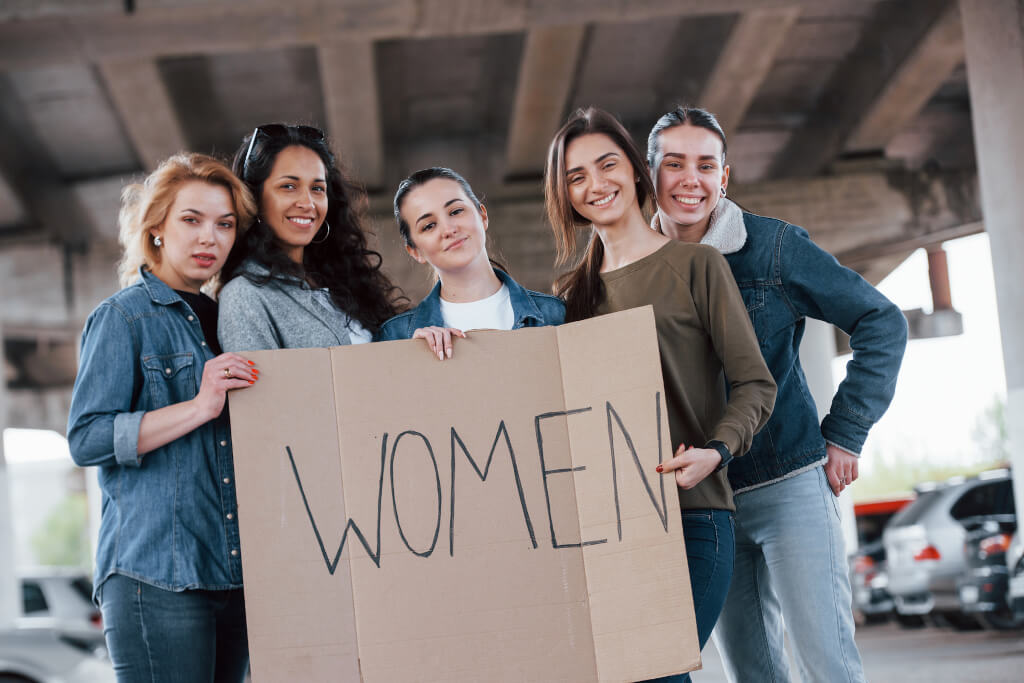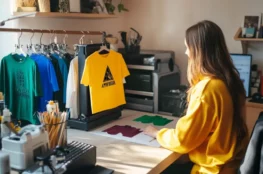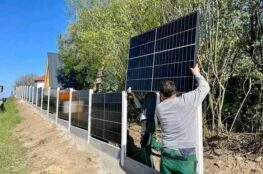While the path toward gender equality and women’s empowerment in South Africa is increasingly visible, it remains laden with unexpected obstacles and challenges. As we delve into the narratives of the various organisations striving to uplift women, it’s crucial to remember that empowerment is more than just a concept—it’s a process. It’s a process marked by continuous effort, tenacity, and resilience against enduring societal and systemic inequalities. As you read on, you’ll uncover how these collective movements are transforming the lives of countless women, yet keep in mind that the work is far from over.
Black Business Women’s Association (BBWA)
Launched in 1999, the BBWA is a non-profit organization focused on promoting entrepreneurship among black women. It provides resources such as mentorship programs, business training, and networking opportunities to support black women in their entrepreneurial journey. What they are hoping to continue shortly:
Continue to Build a Strong Network of Black Women Entrepreneurs Across South Africa
Launch additional mentorship and leadership programs tailored to the unique challenges faced by black businesswomen.
Increase collaborations with corporations to facilitate the growth of women-owned businesses.
South African Women in Engineering (SAWomEng)
Founded in 2005 by a group of University of Cape Town students, SAWomEng aims to attract, develop, and nurture the next generation of women engineering leaders in South Africa. They offer mentorship programs, tech and engineering workshops, as well as career guidance to female students and professionals in the field. What they are hoping to continue and achieve shortly:
Develop more partnerships with engineering firms to create internships and job opportunities for female students.
Extend their reach to more universities and schools across the country, inspiring younger girls to pursue careers in engineering.
Implement more training programs in cutting-edge engineering technologies to keep female engineers abreast of the latest trends and advancements.
POWA (People Opposing Women Abuse)
This feminist, women’s rights organization provides both services and the means for women to realize their full potential and free themselves from all forms of oppression. Their work includes providing counseling, advocacy, and shelters for women and children who are survivors of abuse. What they are hoping to continue and achieve shortly:
Extend their services to more regions within South Africa, reaching more women and children who need their help.
Increase awareness campaigns to educate the public about women’s rights and how to combat abuse.
Advocate for stronger legislation and more stringent penalties against perpetrators of abuse.
Women’sNet is a feminist organisation that works to advance gender equality and justice in South Africa through the use of Information and Communication Technologies (ICTs). They provide training and facilitate content dissemination and creation that supports women, girls, and women’s and gender organizations and networks to take control of their own content and ICT use. What they are hoping to continue and achieve shortly:
- Expand training programs to cover more areas of ICT, helping women acquire a wider range of digital skills.
- Strengthen their advocacy for gender equality in the ICT sector, promoting more women into decision-making roles.
- Develop more content that addresses women’s issues and promotes gender justice.
Women on Farms Project (WFP)
The Women on Farms Project supports women who live and work on commercial farms in the Western Cape and Northern Cape of South Africa. WFP conducts empowerment workshops for farm women on a wide range of topics, including gender and women’s rights, labor rights, health, and housing. What they are hoping to continue and achieve shortly:
Reach more farms in South Africa, educating women about their rights and providing much-needed resources.
Collaborate with more health and housing organizations to provide better services to women on farms.
Advocate for improved labor laws that protect women working in the agricultural sector.
South African Women in ICT Forum (SAWICTF)
This initiative focuses on addressing the issues facing women in the ICT sector in South Africa, such as discrimination, lack of opportunities for growth and development, and under-representation in decision-making roles. The forum promotes networking, mentorship, and collaboration among women in ICT. What they are hoping to continue and achieve shortly:
- Work towards equal representation of women in decision-making roles within the ICT sector.
- Promote more networking events to help women form valuable connections within the industry.
- Establish partnerships with educational institutions to encourage more young girls to study ICT-related subjects.
The Power of One Women’s Impact
In the world of social entrepreneurship, few names resonate quite as powerfully as Maria van der Merwe. Hers is a tale of perseverance, strategic thinking, and an unwavering commitment to women’s empowerment in South Africa. As the founder of “Women of Substance,” Maria started from modest beginnings, facing the challenge of addressing deeply ingrained social and economic disparities.
Raised in a small township outside Johannesburg, Maria was no stranger to the struggles women face daily. After studying social entrepreneurship abroad, she returned home with a burning passion to create sustainable change. Using her savings, she established “Women of Substance,” an initiative aimed at equipping women with skills and resources to create and sustain their businesses.
Contrary to the expectations of many, Maria’s venture flourished. Not only did it profoundly impact the lives of thousands of women, but it also became a profitable endeavor. By focusing on sectors with high growth potential such as technology, sustainable agriculture, and creative industries, Maria ensured that the businesses formed under her initiative were both profitable for the women and beneficial for their communities.
Over time, “Women of Substance” became a leading force for women’s empowerment in South Africa, attracting local and international investors. Its success lies in its ability to provide much-needed financial independence for women while simultaneously contributing to economic growth.
By aligning her passion for women’s empowerment with strategic business principles, Maria van der Merwe has indeed built an empire. However, it’s an empire defined not by personal wealth, but by the economic advancement of countless South African women. This groundbreaking initiative has not only enhanced Maria’s financial standing but has also cemented her legacy as a champion for women’s empowerment in South Africa.
Maria’s incredible success could be woven into the article following the introduction, providing readers with a compelling real-life example of the power and potential of social entrepreneurship in the field of women’s empowerment. It offers concrete evidence of the enormous strides being made, despite the considerable challenges that persist.
These movements, initiatives, and Maria’s ventures, provide a rich tapestry of concerted efforts aimed at empowering women across various sectors in South Africa. By addressing the socio-economic disparities and challenging the traditional norms, these organisations are redefining the narrative and carving the way towards a more inclusive and empowered society.
About the Author: Thabo Matlala is a social issues journalist at Africa Nova, specializing in women’s empowerment and gender equity in South Africa. With a strong educational background in finance, Thabo brings a unique perspective to societal discussions, underscoring the economic aspects of equality.




